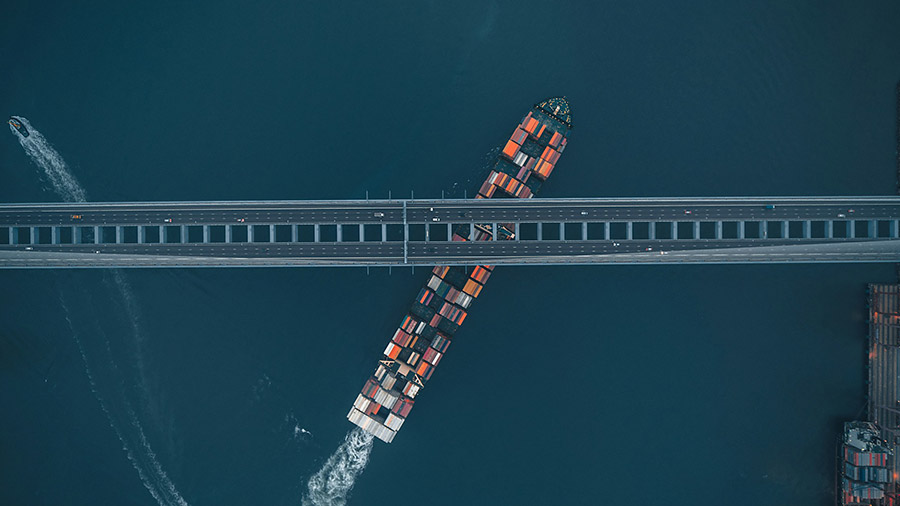U.S. Eases Financial Sanctions on Myanmar
News gives China-based U.S. manufacturers a new neighboring market to consider
May 18 – The United States has decided to ease its financial sanctions on Myanmar after a visit to Washington on Thursday by the Southeast Asian nation’s Foreign Minister Wunna Maung Lwin. The U.S. described the move as a reward in recognition of Myanmar’s dramatic steps to open up its political system.
“As an iron fist has unclenched in Burma, we have extended our hand, and are entering a new phase in our engagement on behalf of a more democratic and prosperous future for the Burmese people,” U.S. President Barack Obama said on Thursday.
According to U.S. Secretary of State Hillary Clinton, the United States is suspending sanctions on exports of American financial services and investment across all sectors of the Myanmar economy, which is described as the most significant action the United States has taken so far in response to Myanmar’s political reform.
“Today we say to American business: invest in Burma and do it responsibly,” Clinton said after meeting at the State Department with Wunna Maung Lwin.
The easing of sanctions against Myanmar provides new market opportunities for U.S. companies already based in Asia, as it provides both political acceptance of U.S.-Myanmar trade, and assists with opening up the country to imports and increased trade opportunities.
This development is of particular importance to U.S. companies already established in China, India and elsewhere in ASEAN, due to Myanmar’s status as an ASEAN member and the trade implications that membership entails. Free trade agreements are about to kick in and the fact that both China and India have tax agreements with ASEAN should alone be kick-starting foreign investment into the region. China has long maintained strong trade relations with Myanmar, and has additionally set up a specific China-ASEAN trade service center. China-based manufacturers, including foreign investors, should be taking note of these trends and beginning to act on them, as all the signals are there that a shift in trade patterns across Asia is now firmly underway. We highlighted ASEAN and its DTAs with China and India here and recently held a webinar on the subject which can be downloaded here.
Chris Devonshire-Ellis, founding partner of Dezan Shira & Associates, has already been involved in meetings with Machut A. Shishak, First Secretary of the U.S. Embassy in Yangon to discuss the implications of the lifting of sanctions. His overview of the current legal, tax and operational environment in Myanmar has been published today on our emerging Asia website 2point6billion.com.
“Myanmar still represents a significant challenge for foreign investors as infrastructure and even research about the country is essentially based on what developed in the 1920’s,” comments Devonshire-Ellis. “The legal and tax structures require huge reforms as does the entire communications and financial services industry. Everything from email accounts to ATMs are practically non-existent. Even North Korea by comparison is more advanced than Myanmar is today. Nonetheless, there are opportunities for businesses involved in infrastructure development, but I urge caution for businesses that are not familiar with Asia or emerging economies.”
Related Reading
Myanmar Investment Legal, Tax and Operational Issues
Chris Devonshire-Ellis’ report on Myanmar’s legal, tax and operational environment. Includes latest economic statistics and PDF downloads from the IMF.
- Previous Article Chinese Outward Foreign Investments in Europe
- Next Article Severance Pay Subject to Individual Income Tax in China



























